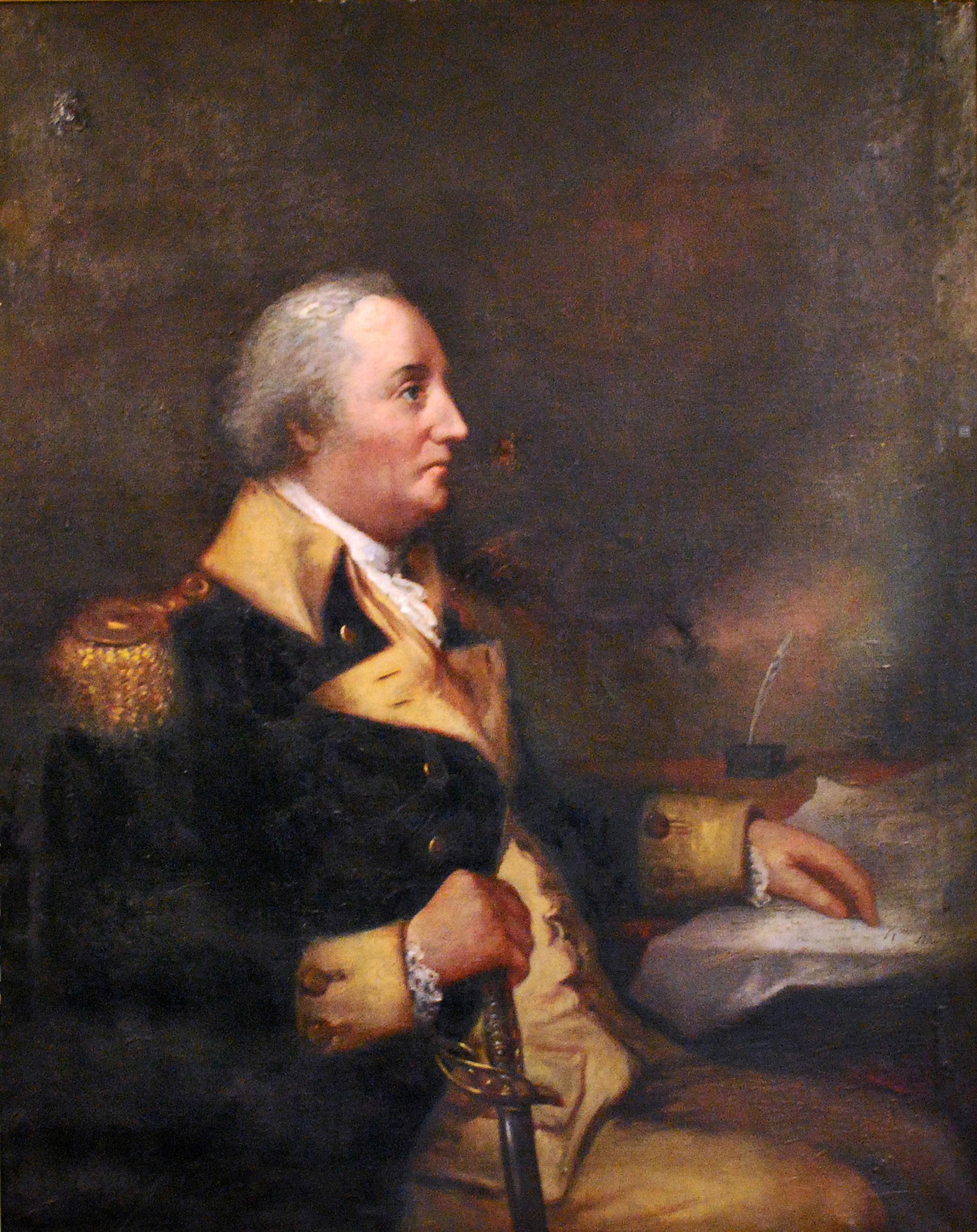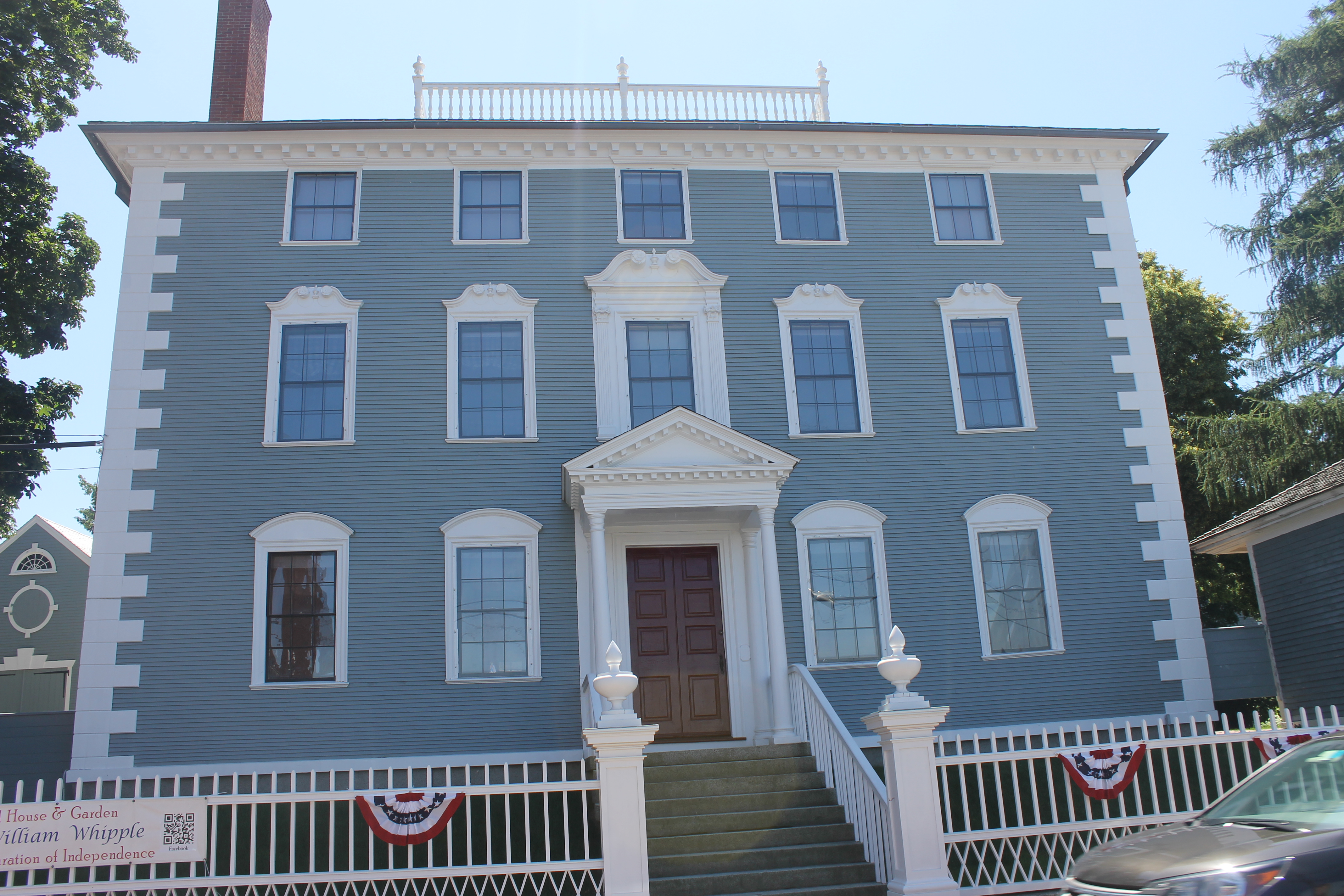Mark Cole
William Whipple was born in New Hampshire. As a young man he went to sea, seeking adventure and fortune. He worked hard and found both, retiring from his seafaring life at the age of twenty-nine. Whipple then became a shipping merchant, going into business with his brother.
Like another shipping merchant in neighboring Massachusetts, John Hancock, Whipple eagerly and quickly aligned himself with the patriot cause. By 1775, he was serving on the committees of safety and correspondence and was elected to the Continental Congress. Without hesitation, he stood with the other patriots and signed the Declaration of Independence.
It was in the war that Whipple rendered some of his most valuable service to the cause. He left the Continental Congress in 1777 and became a brigadier general. He served as a strategic military aide to General Washington, commanded contingents of New Hampshire troops at Saratoga (the first major colonial victory), participated in an expedition to Rhode Island in 1778 and was selected as an officer to march British prisoners to Cambridge, Massachusetts.
After the war, Whipple served in the New Hampshire legislature and then became a judge on the Superior Court of New Hampshire, a court consisting of five learned men, only one of whom was a lawyer. He served on the court until 1785, when he died of heart failure at the age of 55.
By all accounts, Whipple was one of the most capable men of the revolutionary era. History might have cast him in a bigger role had he been personally ambitious, but with Whipple country always came first. Content to play one of history’s difficult supporting roles, he never sought the center of the stage. Most likely, to this day, we are unaware of all of the contributions that Whipple made to American independence. And that is, of course, just the way he would have wanted it.
Want more awesome history on our Founders?
Check out Mark’s book:
Lives, Fortunes, Sacred Honor: The Men Who Signed the Declaration of Independence
















